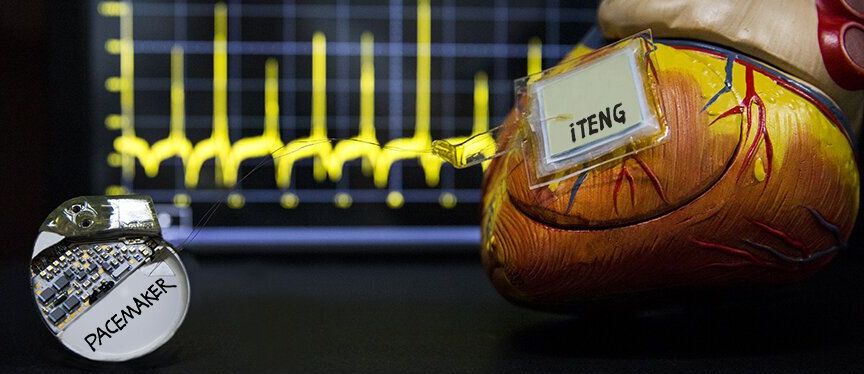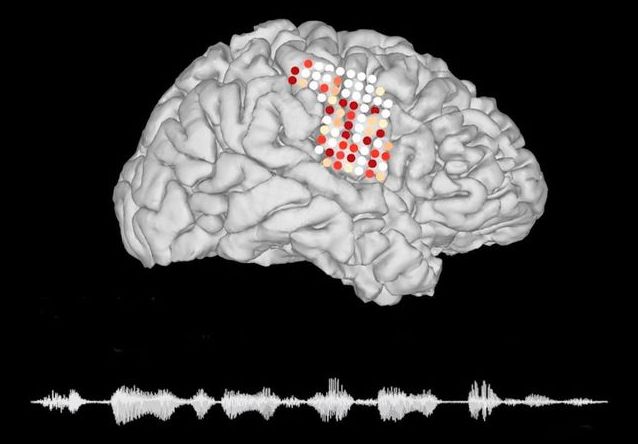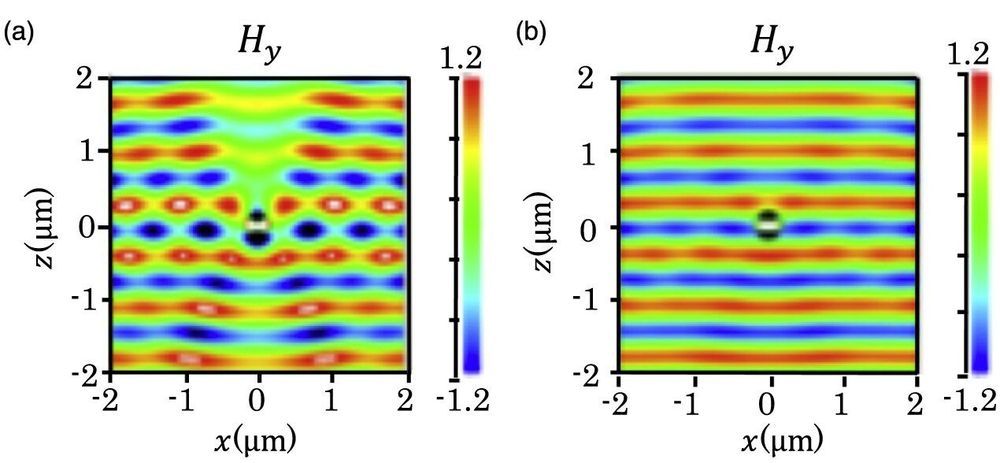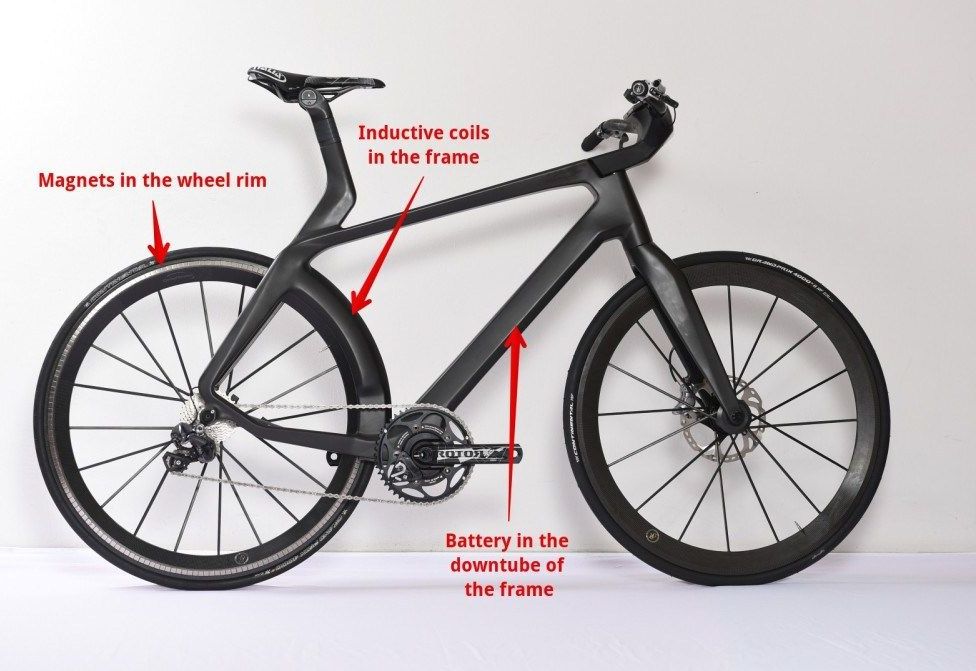The spoken word is a powerful tool, but not all of us have the ability to use it, either due to biology or circumstances. In such cases, technology can bridge the gap — and now that gap is looking shorter than ever, with a new algorithm that turns messages meant for your muscles into legible sounds.
Converting the complex mix of information sent from the brain to the orchestra of body parts required to transform a puff of air into meaningful sound is by no means a simple feat.
The lips, tongue, throat, jaw, larynx, and diaphragm all need to work together in near-perfect synchrony, requiring our brain to become a master conductor when it comes to uttering even the simplest of phrases.






